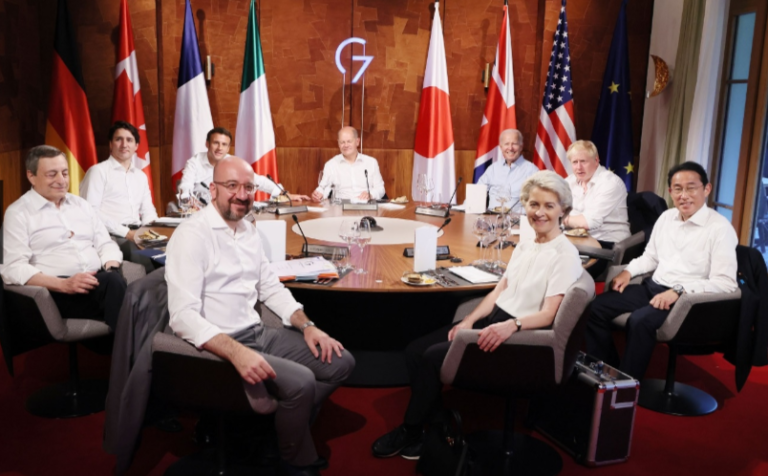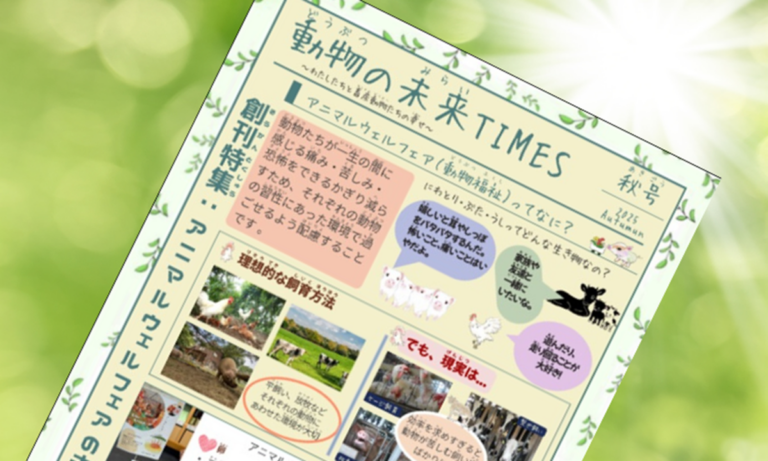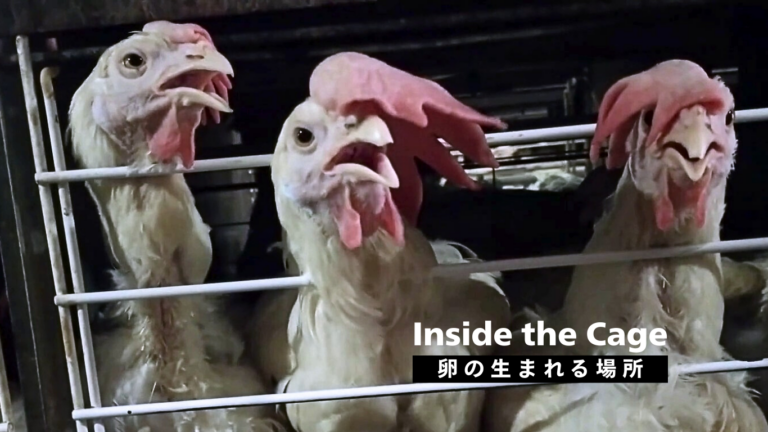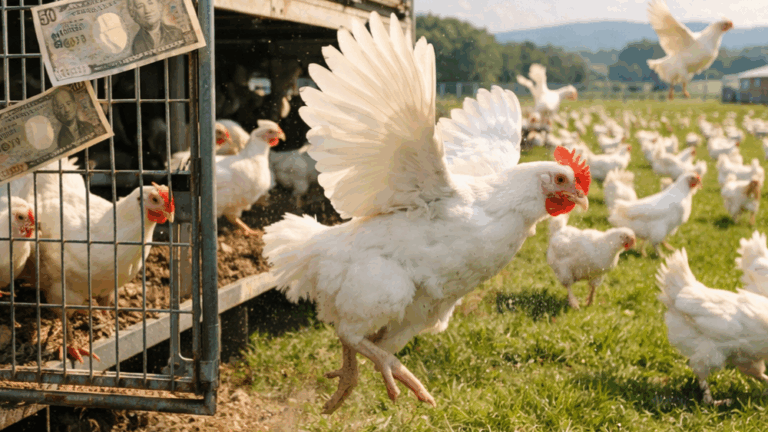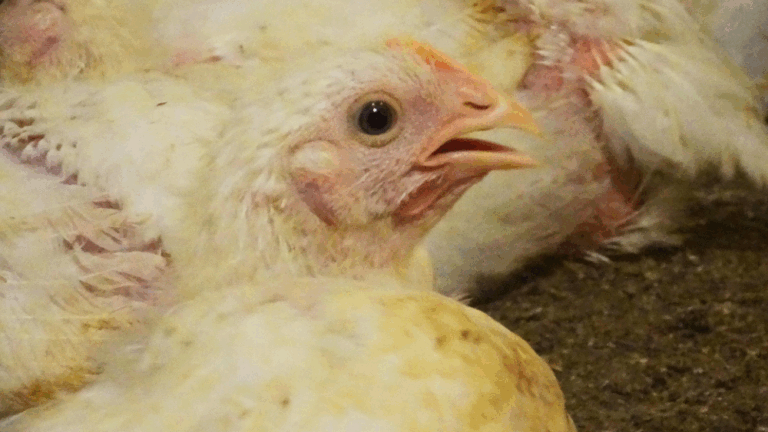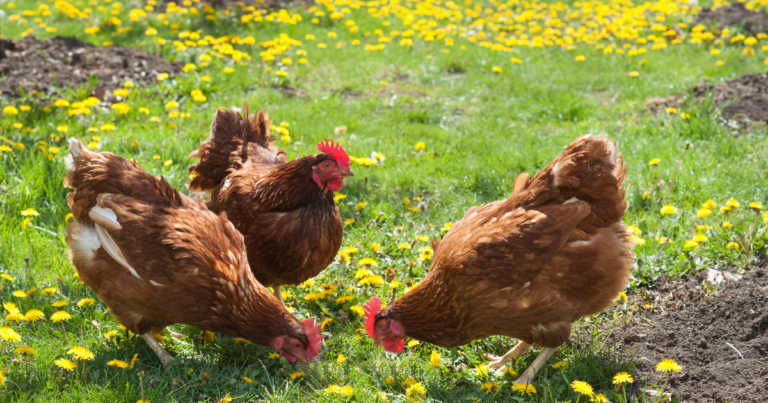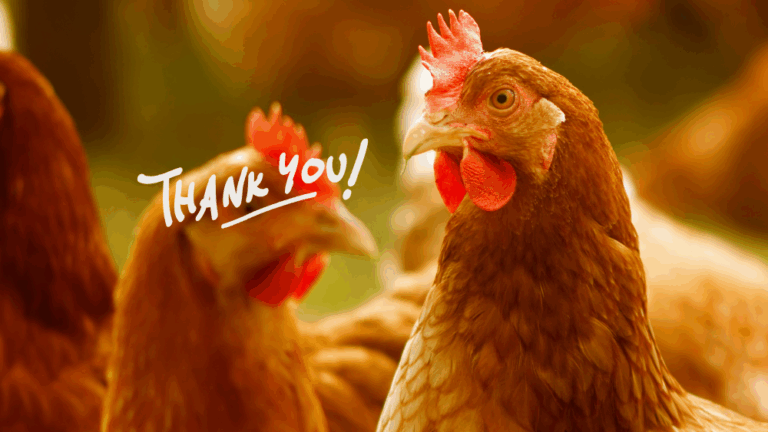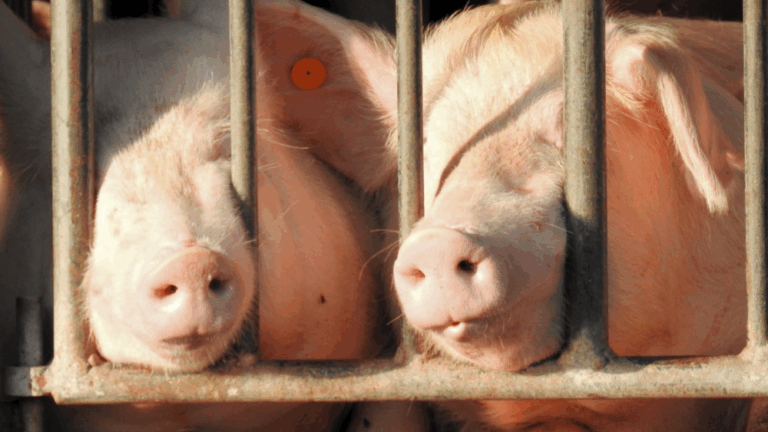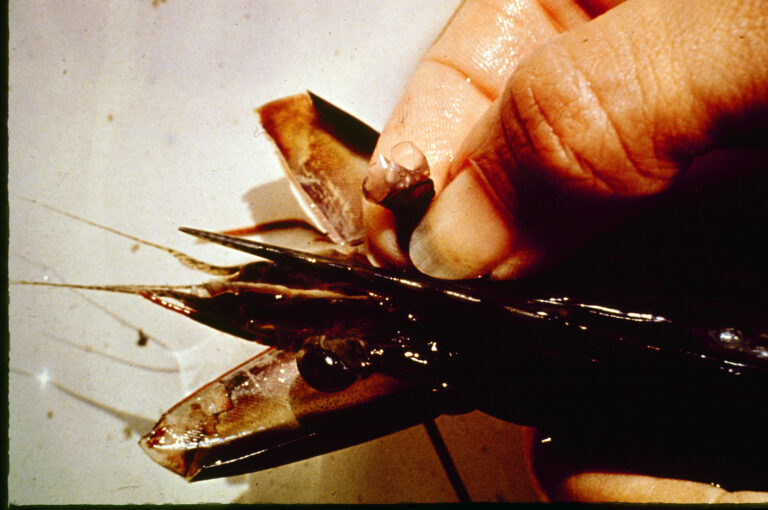International conferences, which had been blocked due to the Corona disaster, are now being held with the same level of glamour as in the past. International events that host dignitaries from various countries, promote exchanges among participants, and encourage media traffic are undoubtedly a great opportunity for animal welfare to make progress.
Due to the corona outbreak that began in 2019, the Tokyo Olympics, which were scheduled to be held in 2020, were held the following year without spectators, which did not allow animal welfare to make the leap forward as envisioned before the corona. For the first time since then, the G7 summit is expected to be the first of its kind. The summit meeting will be held in Hiroshima in May, and other ministerial meetings are scheduled to be held in various regions throughout Japan. Animal Rights Center Japan is conducting a survey of animal welfare at various hotels and venues. The survey is ongoing, but we would like to report on two trends we have identified, one encouraging and one not so encouraging.
A major step toward cage-free:
For hotel chains that have already declared cage-free
Marriott International has already made international cage-free commitment saying “Marriott International aims to source 100% of eggs (shell, liquid, and egg products) from cagefree sources throughout the company’s global operations for all owned, managed and franchised properties by the end of 2025. ” on its website.
In response to our inquiries, the Marriott Hotel Chain has stated that it will procure cage-free eggs for meals served during the Summit at its hotels in Tochigi Prefecture (Gender Equality and Women’s Activities Ministers’ Meeting) and Miyazaki Prefecture (Agriculture Ministers’ Meeting), where the international conference is scheduled to take place. This is a routine procurement for the entire hotel chain. Further efforts will be needed to expand this to daily procurement for the entire hotel chain. As for Marriott Hotels, we have heard that they are also making positive efforts to promote animal welfare in other livestock products. We, too, would like to support Marriott Hotel’s wise decision.
What is the 2025 issue?
Many foreign companies, especially foreign-affiliated hotel chains, have set 2025 as the deadline for cage-free transition. Considering that only about 1% of the eggs distributed in Japan are cage-free (to be re-researched), we can imagine that the competition for cage-free eggs is quite fierce behind the scenes. It is a natural business move for companies to rush to sign contracts now, as the wholesale price (not the commercial price) of cage-free eggs is expected to rise after 2025. It is very tough competition for the hotels, but for the animals, the hotels’ rush to buy has the advantage of stimulating the flat egg market. Furthermore, since hotels use liquid eggs for omelets and other dishes, the distribution of B-grade eggs that do not become packaged eggs will also be stimulated, which will have the effect of stabilizing the cage-free egg business itself.
The transition from the Tokyo Olympics to the G7 should have been smooth. However, due to the stagnation of the Tokyo Olympics, some were concerned about what would happen at the G7. However, it is very reassuring for animal welfare in Japan that there are companies like the Marriott hotel chain that firmly keep their promises to consumers through cage-free declarations.
Still a lost cause? The Case of Domestic Hotels
At this time, we have not been able to confirm whether any hotels other than those affiliated with Marriott have taken any action regarding cage-free and animal welfare procurement. Notably, we were surprised to learn that some hotels in Japan are still unaware of the term “cage-free” and “animal welfare. Some of the responses included “We have not received any notice from the summit authorities regarding animal welfare or cage-free,” “We don’t have to do animal welfare because only Japanese people are staying here,” and “Cage-free is irrelevant to our hotel because security guards are only staying here.” At least in the EU, cage-free eggs are becoming the norm. We think it is time for hotels in Japan to rethink what are the safety and security standards on the premise that people who have been eating cage-free eggs on a daily basis for at least 10 years will visit Japan. Furthermore, this is not an inbound, foreigner dining issue. In the business of hotels, which provide extraordinary hospitality to everyone, animal welfare should be a minimum standard of value.


